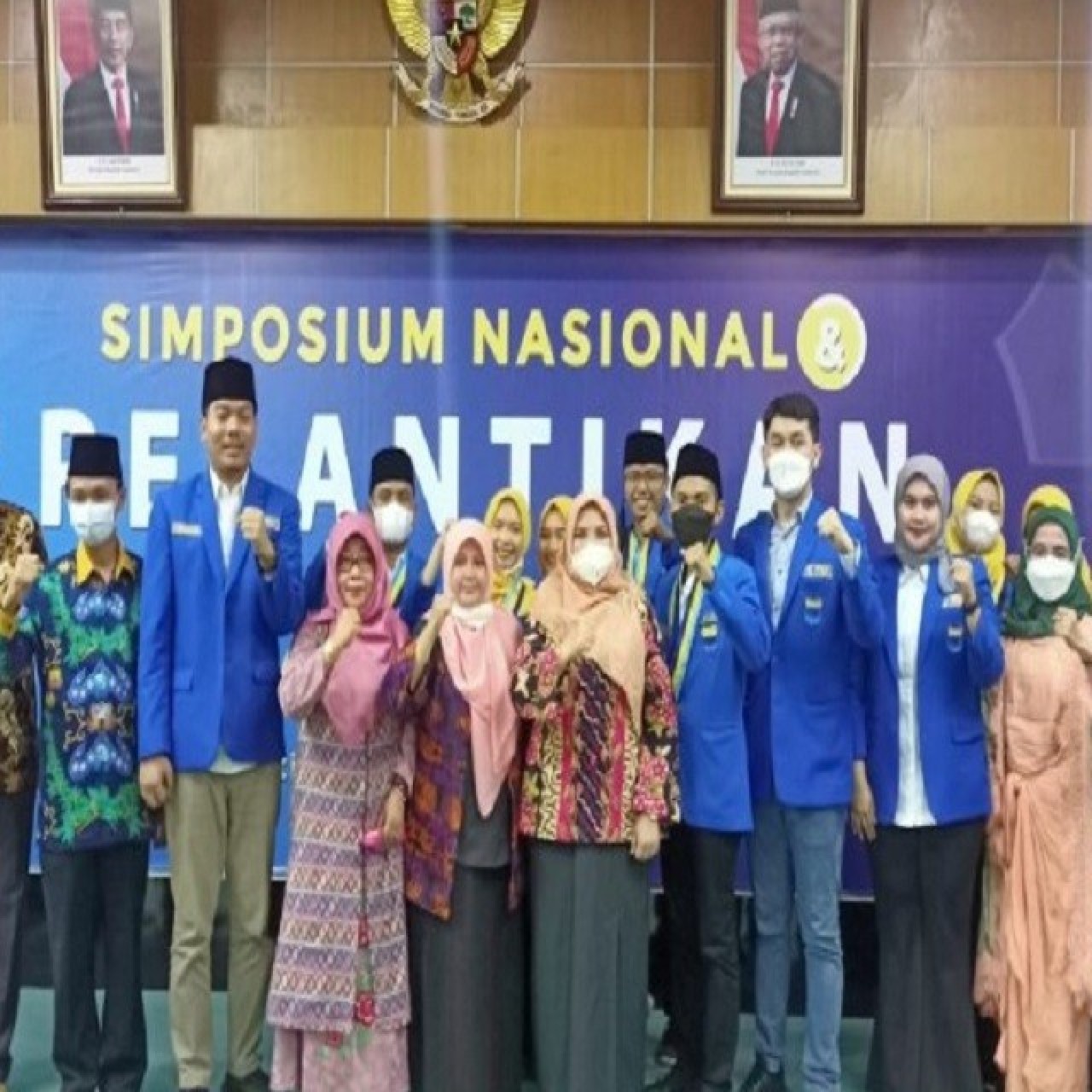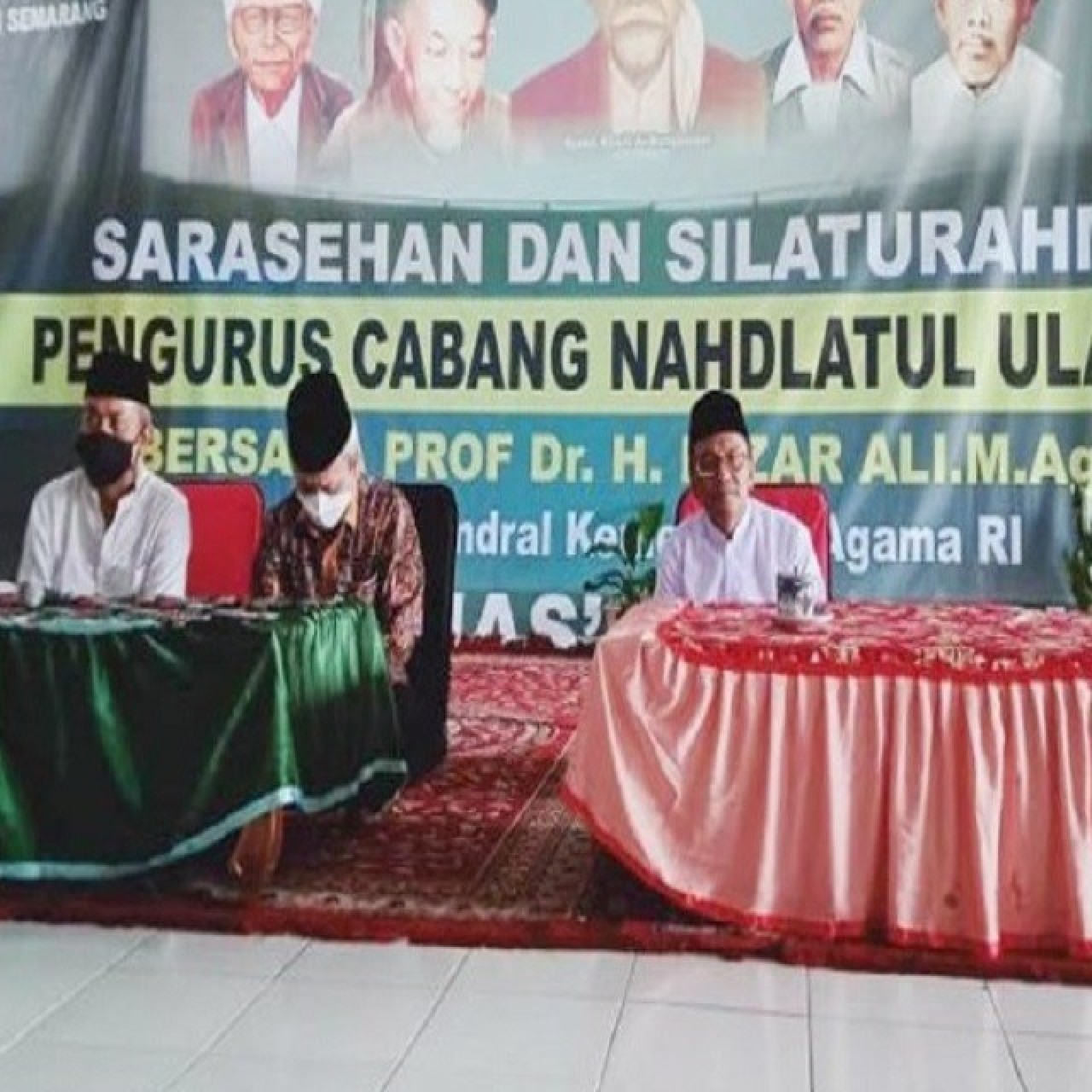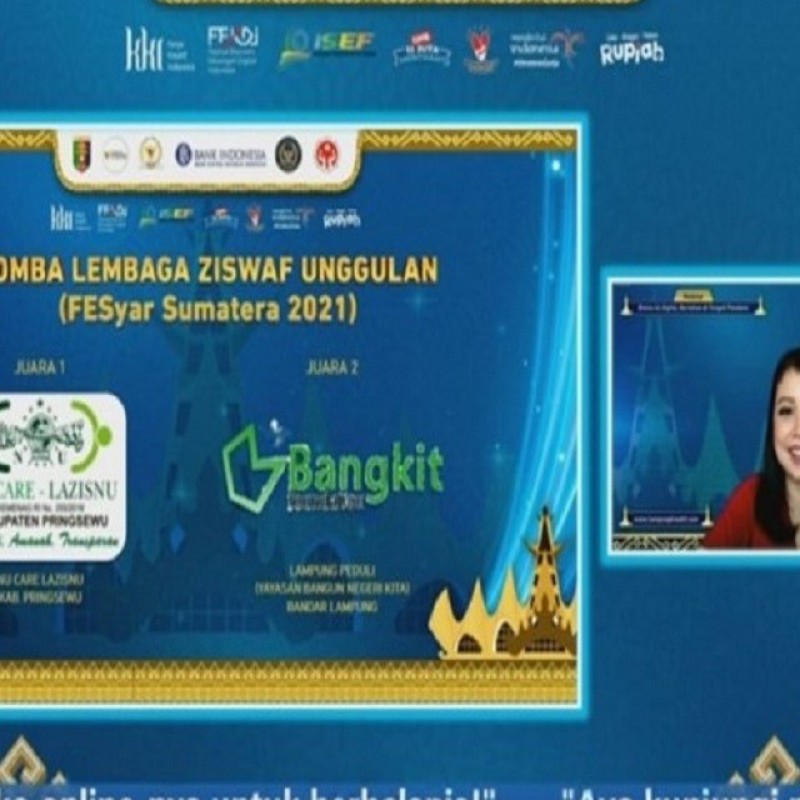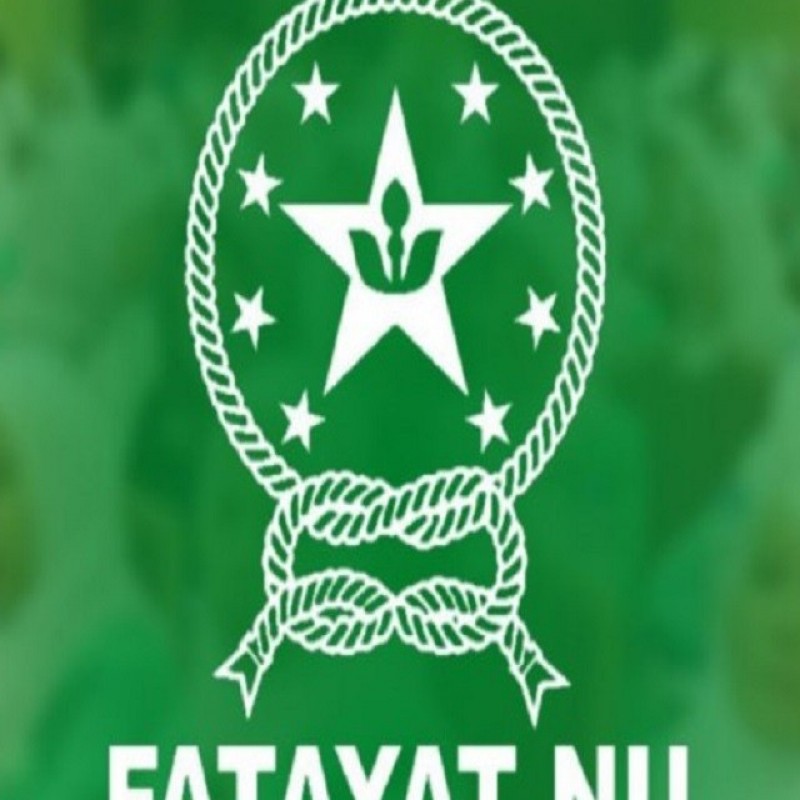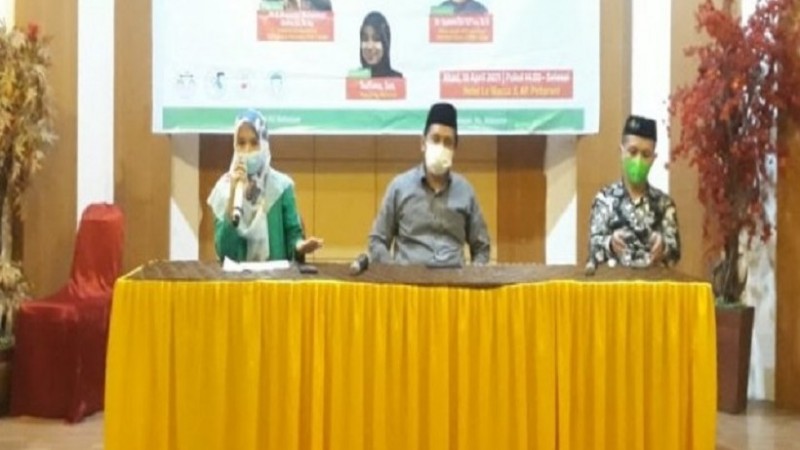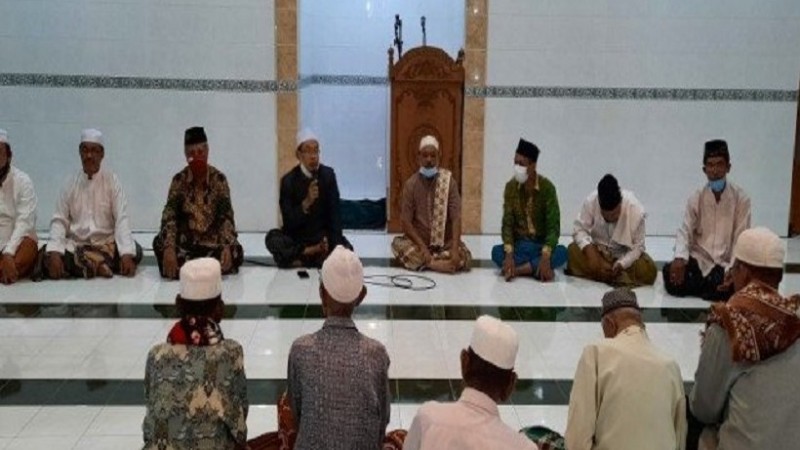Jepara celebrates century-old Lebaran Ketupat tradition
NU Online · Rabu, 1 November 2006 | 05:40 WIB
Jepara, NU Online
Thousands of people from Jepara, Central Java, and surrounding areas flocked to the Kartini beach for the Bada Kupat festival Tuesday (31/10).
Residents and representatives of the Jepara regional administration prepared 2,000 ketupat (rice cooked in coconut leaves) and 2,000 lepet (glutinous rice cooked in coconut leaves) for the occasion.
<>Ketupat tastes like plain rice, while lepet has extra flavor because the glutinous rice is cooked with coconut milk and a dash of salt. The dishes were served on trays; some were arranged in the shape of houses. Residents were free to enjoy them.Bada Kupat, or Lebaran Ketupat, is a traditional festival held a week after Idul Fitri.
A resident, Irawan, said the festival marks the end of a traditional fast that follows the Muslim fasting month of Ramadhan.
"After the Idul Fitri celebration, there is the sunnah Syawal fast. If you carry it out, you'll be rewarded, but if you don't, that's OK. The seven-day fast ends with the Bada Kupat. That's what I know," Irawan said.
"Residents living in the north coast of Central Java always celebrate it. It's no surprise that the event is very festive as it is a purely communal event," he said.
In Jepara, the Bada Kupat was formerly held in Jepara Bay and finished on Kelor Island. But due to coastal sedimentation, Kelor Island has become connected to the Java mainland, forming what is now called Kartini beach.
The tradition surrounding the end of the fast became more lively when it was combined with the swimming races of the Lomban festival. That festival was purportedly initiated by a Malay nobleman named Encik Lanang who lived on Kelor Island. The Dutch colonial administration had lent Lanang the island in gratitude for his help at the battle of Bali. Lanang organized the festival to entertain the fishermen and their families.
On the morning of this year's festival, residents boarded their boats with all sorts of food and drinks, such as ketupat, lepet and eggs.
Besides being eaten, the food served as ammunition. The boats fought a ketupat war, accompanied by the sounds of drums and firecrackers.
The ketupat war tradition is believed to be more than a century old, based on an article in a Malay-language magazine called Slompret Melayu that was published in Semarang in 1883.
This year, the festival kicked off at the fish auction facility in Ujung Batu. Before the ketupat war began, participants drifted offerings out to sea, including a buffalo head and various kinds of traditional snacks.
"The offerings are the traditional way for fishermen to express their gratitude to God Almighty, who has bestowed blessings on them, and also to hope for a better future," said Jepara Regent Hendro Martoyo.
For Hendro, the festival is also a way for fishermen and government officials to get to know each other better.
"We can obtain information from them, such as suggestions or problems that they face. We can help them make their lives better in this way," he said.
According to Hendro, Bada Kupat literally means admitting all mistakes or faults (lepat) and sharing forgiveness (lipat from the word lepet).
"Lipat means mutual forgiveness. Mistakes should be kept and not repeated," he explained
"I, as regent, then break up the 'war', and peace ensues," Hendro continued. "They go to land and revel together in a peaceful atmosphere." (tjp/dar)
Terpopuler
1
Keluar Mani yang Tidak dan Membatalkan Puasa
2
Khutbah Jumat: Ramadhan dan Kesempatan yang Tidak Selalu Terulang
3
Khutbah Jumat: Ramadhan, Melatih Sabar, Memperkuat Syukur
4
Khutbah Jumat: Tiga Kebahagiaan Orang Puasa
5
Kultum Ramadhan: Keutamaan Tarawih dan Witir
6
Khutbah Jumat: 4 Cara Menghidupkan Malam Ramadhan dengan Ibadah
Terkini
Lihat Semua




